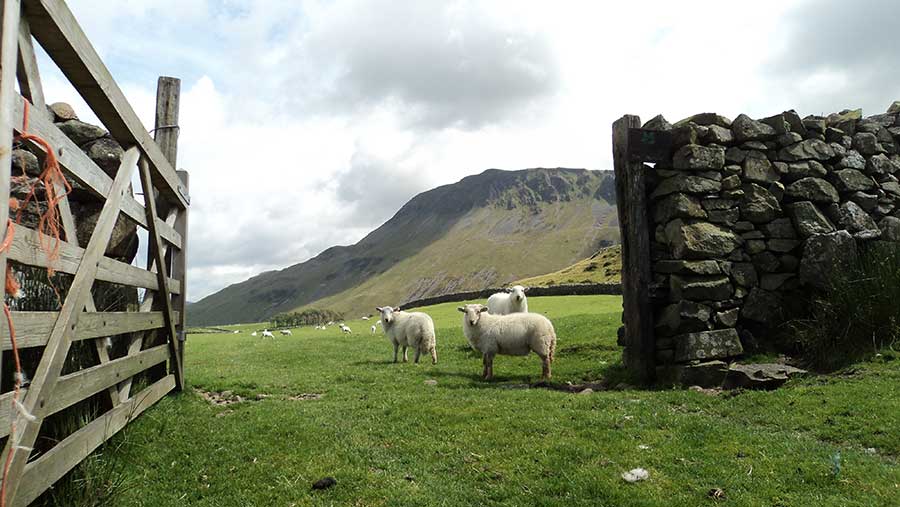UK police say dog attacks on sheep are most reported rural crime
 © Anne/Adobe Stock
© Anne/Adobe Stock A National Sheep Association (NSA) survey of police rural crime teams has revealed that 78% of forces have reported a rise in instances of dog attacks on livestock.
Reported to be the most frequently occurring rural crime, attacks on sheep by dogs are devastating for farmers across the UK, impacting animal welfare, livelihoods, and farmer mental health.
The NSA’s survey, distributed to police across the country, received responses from 64% of forces.
Out of those responding, 76% reported having to deal with at least monthly attacks on sheep, while 33% reported that dog attacks on livestock occurred on a weekly basis.
See also: UK farmers facing £2.4m cost of livestock worrying
Not one force reported that they had never had a livestock worrying instance.
The NSA has turned its attention to rural policing after its latest survey of sheep farmers uncovered an increased in sheep farmers deciding not to report attacks to the police.
Phil Stocker, NSA chief executive, said: “Last year’s poll of sheep farmers revealed that fewer farmers were reporting attacks to the police, and that dog attacks were almost becoming the norm.
“Despondency was creeping in, and not enough was happening. People felt there wasn’t enough of a positive response from police forces.
“Rural crime teams are equally frustrated by attacks as farmers are – and the comments made by police in terms of their anger and frustration around this is very similar to the comments and feelings of farmers who have suffered these attacks.
“This is absolutely not the time for farmers to be despondent and to think that no one is taking this seriously.”
In the survey, police officers reported feeling “frustrated”, “annoyed”, “dismayed”‘, and that the attacks were “costly” and “preventable”, while farmers said they too felt “frustrated”, “distressed”, and “disappointed”, and that the attacks were “traumatic” and “heartbreaking”.
Crime teams
The NSA has reported that more police forces are opening rural crime divisions, and that the issue of livestock worrying has a positive outlook.
“The number of rural crime teams are on the increase, and their skillsets and their responses to rural crime generally are improving,” said Mr Stocker.
“We know that cases continue to rise, however only a fraction of those do actually get reported to the police due to farmers believing there may be little this action can do. NSA urges farmers to report all attacks as we continue to strive to reveal the true alarming level of this problem.
“Only then can we hope for much needed legislation that punishes those responsible for these crimes appropriately and acts as a true deterrent to those who continue to ignore the recommendations to keep dogs on leads near livestock and to know where they are at all times.”
Legislation
Today (Monday 25 March) marks the start of the NSA’s annual week-long awareness campaign to highlight the severity of the issue, and the organisation is urging farmers to make proper use of signage, and to report every incident, no matter how big or small.
While rural crime forces have increased efforts to double-down on the issue, it is also hoped a new bill going through parliament will help with enforcement.
“It is not part of the bill that dogs will have to be on leads, but it will increase police powers,” Mr Stocker explains.
“It includes increased powers for police to seize dogs, and to be able to take DNA samples from dogs to check whether that particular dog has been involved in an attack.”
Key figures
Results from the NSA survey of police rural crime teams show the following:
- 78% of rural crime teams reported an increase in dog attacks on livestock
- 76% said they see attacks on livestock on a monthly basis
- 33% deal with attacks on a weekly basis
- 57% said sheep worrying was their most reported rural crime
